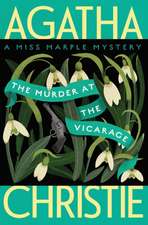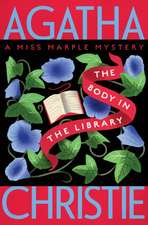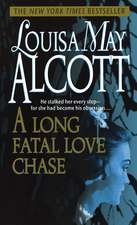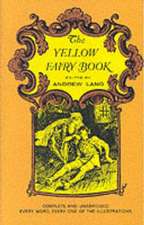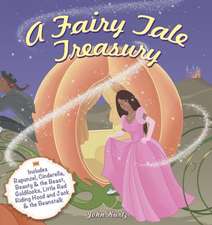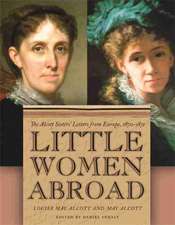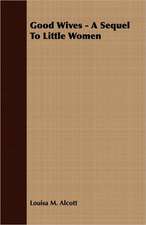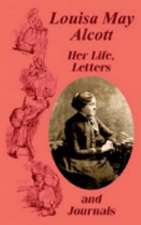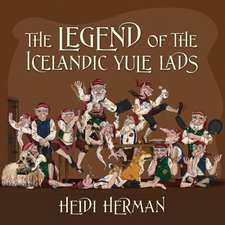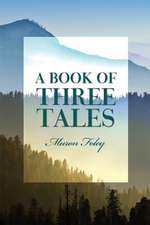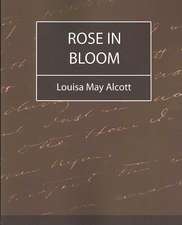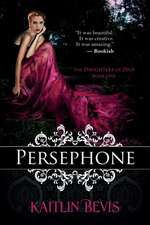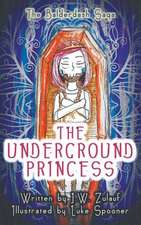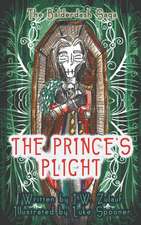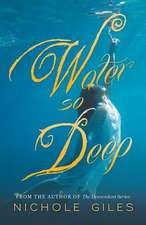"Fairyland" was familiar territory to young Louisa May Alcott and her sisters, for they had often romped there and explored its secrets under the guidance of family friend, Henry David Thoreau. Fifteen years her elder, Thoreau led the Alcott girls and their friends on berry-picking expeditions in the wooded land around Walden Pond, which he fancifully called "fairyland." It was on a piece of this land, owned by neighbor Ralph Waldo Emerson, that the girls' father, Amos Bronson Alcott, helped Thoreau build the now-famous cabin where he lived "deliberately" and wrote Walden. I went to the woods because I wished to live deliberately, to front only the essential facts of life, and see if I could not learn what it had to teach, and not, when I came to die, discover that I had not lived. The remarkable convergence of 19th century writers in Concord, Massachusetts may be glimpsed in this collection of stories inspired during visits to Walden Woods. The Alcott family often visited Thoreau to swim in the cove near his cabin or explore the changing seasons in this tranquil spot. I had three chairs in my house; one for solitude, two for friendship, three for society. When visitors came in larger and unexpected numbers there was but the third chair for them all, but they generally economized the room by standing up. It is surprising how many great men and women a small house will contain. I have had twenty-five or thirty souls, with their bodies, at once under my roof, and yet we often parted without being aware that we had come very near to one another. With Thoreau as a guide, Louisa and the other children learned much about nature, but Louisa in particular delighted in another aspect of Thoreau's point of view. The very fact that he called the woods "Fairyland" opened up a new way of thinking in the young writer's mind. Whether he pointed out a new animal track, made a perfect bird call or discovered a bit of a cobweb and called it a fairy's handkerchief, it was all magic to Louisa and fodder for her lively imagination. On many of her walks around Walden, Louisa shared original fairy stories with her sisters, Thoreau, and friends. One of these young friends was Ellen, the daughter of Ralph Waldo Emerson. Six years her junior, Ellen looked up to Louisa the way Louisa looked up to Thoreau. Ellen was so captivated by the fairy stories that Louisa eventually wrote them down as a present for her. The entire Emerson family noticed and delighted in their young neighbor's generous gift, and shared their pleasure with Louisa's father. Mr. Alcott was equally impressed with his daughter's stories. He was a complex and unusual man -- a genius, according to Emerson. He was a remarkable father, if an uncertain provider. He believed in encouraging children - even girls -- to follow their dreams. The norm of the day was not to allow young ladies to tax themselves with such "brain work" as writing. The rest of Boston society might have considered writing an improper occupation for a lady, but Mr. Alcott was proud and excited by his daughter's talent. He carried her fairy stories to George W. Briggs, a new publisher on Washington Street in Boston. Briggs decided to take a chance and agreed to publish Louisa's fairy stories under the title Flower Fables. Advance copies came out in time for Louisa to give them as gifts for the Christmas of 1854. How thrilled Ellen Emerson must have been to read the dedication in her friend's first published book: To Ellen Emerson, for whom they were fancied, these flower fables are inscribed, by her friend, The Author Boston, Dec. 9, 1854. Louisa also provided Ellen with her own copy and this Christmas note: Dear Ellen, Hoping that age has not lessened your love for the Fairy folk I have ventured to place your name in my little book, for your interest in their sayings and doings, first called forth these "Flower Fables," most of which were fancied long ago in Concord woods and fields. The pictures are not what I hoped they would be and it is very evident that the designer is not as well acquainted with fairy forms and faces as you and I are, so we must each imagine to suit ourselves and I hope if the fairies tell me any more stories, they will let an Elfin artist illustrate them. So dear Ellen will you accept the accompanying book, with many wishes for a merry "Christmas, and a happy New Year," from your friend, Louisa M. Alcott. Louisa took special pride in giving her mother a copy of the book. Mrs. Alcott was called "Marmee" by her daughters as was Mrs. March in the highly autobiographical Little Women. She read the following inscription in her copy of Flower Fables: 20 Pinckney Street, Boston, Dec. 25, 1854. Dear Mother, -- Into your Christmas stocking I have put my "first born," knowing that you will accept it with all its faults (for grandmothers are always kind), and look upon it merely as an earnest of what I may yet do, for, with so much to cheer me on, I hope to pass in time from fairies and fables to men and realities. Whatever beauty or poetry is to be found in my little book is owing to your interest in and encouragement of all my efforts from the first to the last, and if ever I do anything to be proud of, my greatest happiness will be that I can thank you for that, as I may do for all the good there is in me; and I shall be content to write if it gives you pleasure. Jo is fussing about, My lamp is going out. To dear mother, with many kind wishes for a happy New Year and merry Christmas. I am your ever loving daughter Louy. Long before Louisa wrote Little Women or her now public "blood and thunder" tales, the publication of these fairy stories confirmed the hopes of this fledgling author that she might, indeed, succeed. The woodland sprites and struggling human children who encounter them evoke those idyllic walks with Thoreau and the tom-boyish prototype of Jo March, "Louy Alcott," who struggled with her conscience every bit as much as her character "Annie" in "Little Annie's Dream: or The Fairy Flower." ". . . now, dear Annie," said the Fairy, bending nearer, "tell me why I found no sunshine on your face. . ." "Ah, you will not love me any more if I should tell you all," said Annie, while the tears began to fall again; "I am not happy, for I am not good; how shall I learn to be a patient, gentle child? Good little Fairy, will you teach me how?" These stories provide a fresh look at a complex author. Due to the success of Little Women and subsequent children's books, Louisa was well known as "The Children's Friend." She was less known as "Nurse Tribulation Periwinkle" in Hospital Sketches, written after she served as a nurse for the Union Army during the Civil War. She was completely unknown in her own life time as "A. M. Barnard," a prolific author of provocative thrillers. Today, many readers delight in those thrillers, but know nothing of her first published book, Flower Fables. Orchard House is proud to offer this commemorative edition of Flower Fables on the 150th anniversary of its publication. All proceeds from the sale of this edition will benefit the home where Louisa wrote and set Little Women, Orchard House in Concord Massachusetts. Known as "Apple Slump" to Louisa and her mother, this 1690's farmhouse has come to require a great deal of tender -- and costly -- care in order to save it from collapse. Thanks to initial funding from "Save America's Treasures," the first phase of its preservation is complete and includes a foundation where none existed before. There is much more to do in order to stabilize interior walls and preserve such artifacts as the drawings that the youngest Alcott sister placed on the walls. Many dedicated individuals are committed to continuing preservation work on the home until the "Little Women House," as it is often known, is secure for future generations of readers. Please log onto www.louisamayalcott.org, if you would like to support this effort.. Many visitors comment that they enjoy Orchard House because they feel as if they are "walking through the book." Their enjoyment increases when they discover the complexity, talent, bravery, integrity and love of the real family that inspired Little Women. We at Orchard House hope that Flower Fables will be part of that discovery for you. Happy reading! Jan Turnquist Executive Director, Louisa May Alcott's Orchard House Concord, Massachusetts Christmas 2004

